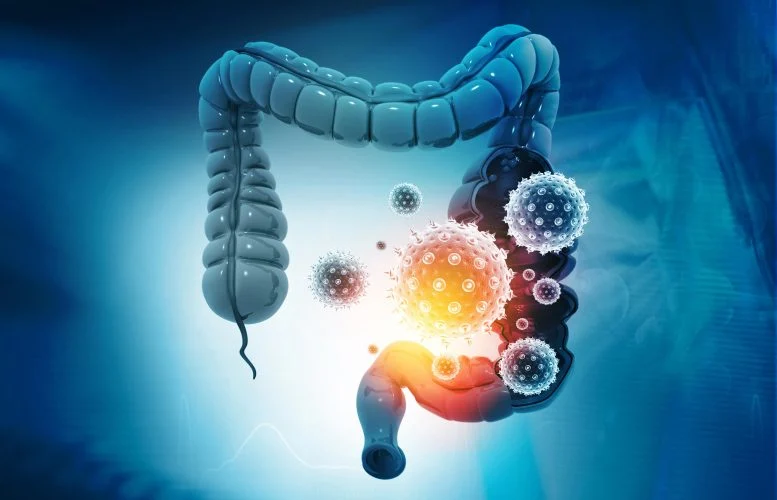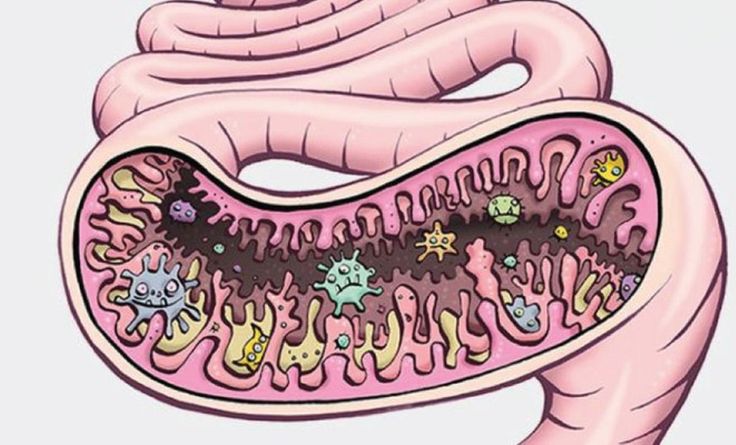In the quest to combat cancer, a groundbreaking frontier is emerging – the human gut microbiome. Recent research has highlighted the pivotal role of gut microbiota in reducing cancer risk, preventing tumorigenesis, and even enhancing the efficacy of cancer treatments. As we navigate through the complexities of cancer, understanding the profound influence of these microorganisms opens new avenues for prevention and treatment.
Understanding the Gut Microbiome
According to Dr. Debojyoti Dhar, Co-Founder, and Director at Leucine Rich Bio, the gut microbiota, with its trillions of microbes, orchestrates critical functions such as digestion, metabolism, and immune regulation. Emerging studies suggest its profound influence on cancer development and treatment response. Maintaining a delicate balance between beneficial and harmful microbes is crucial for overall health. Disruptions, known as dysbiosis, have been linked to various diseases, including cancer.

Promising Preventive Measures
Research indicates that approximately 20% of the global cancer burden is attributable to pathogenic bacteria and viruses. Dr. Dhar emphasizes the potential of restoring gut health through dietary interventions, probiotics, and fecal microbiota transplantation. Diet plays a pivotal role in shaping the gut microbiome, with fiber-rich fruits, vegetables, and fermented foods promoting the growth of beneficial bacteria. Probiotics, live beneficial bacteria, can restore microbial balance, while fecal microbiota transplantation has shown promise in treating certain gastrointestinal conditions with implications for cancer prevention.
Enhancing Treatment Efficacy
Certain gut bacteria, such as Bifidobacterium, have demonstrated the ability to augment the effectiveness of cancer treatments, including immunotherapy and chemotherapy. By modulating the immune system and metabolizing drugs, these microbes can potentially enhance treatment outcomes while mitigating side effects. Specific bacterial strains have been identified to activate immune cells, targeting and destroying cancer cells more effectively, leading to personalized treatment approaches.
Gut Microbiome Profiling
Dr. Dhar introduces a convenient method for gaining insight into one’s gut microbiota – gut microbiome profiling. This involves analyzing stool samples to provide a comprehensive understanding of microbial composition. With innovative test kits like BugSpeaks, users receive personalized nutritional recommendations based on their unique gut microbiota, paving the way for tailored preventive measures.
Challenges and Considerations
While the potential of the gut microbiome in cancer care is promising, Dr. Dhar points out significant challenges. Interdisciplinary collaboration, robust clinical studies, and stringent regulation are essential for the safety, efficacy, and ethical implementation of microbiome-based therapies. The complex interactions within the gut microbiome pose challenges in deciphering its role in cancer development and treatment response.
Revolutionizing Cancer Care
As we observe National Cancer Prevention Month, recognizing the substantial impact of gut health on cancer risk becomes imperative. From dietary modifications to innovative treatments like fecal microbiota transplantation, the potential for leveraging the gut microbiome in cancer care is vast. The exploration of its potential presents a paradigm shift in our approach to cancer prevention and treatment.
